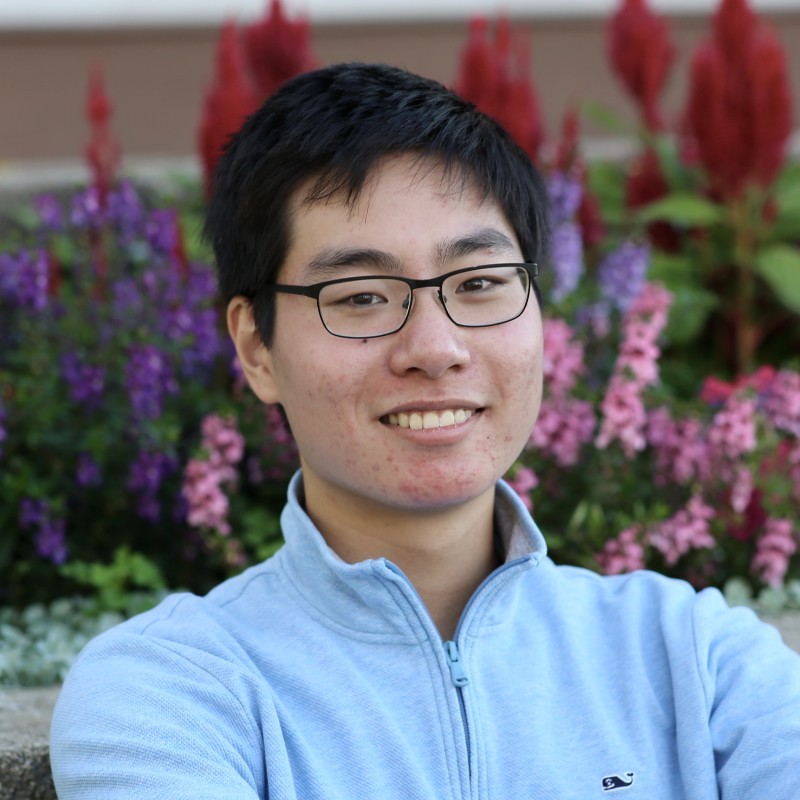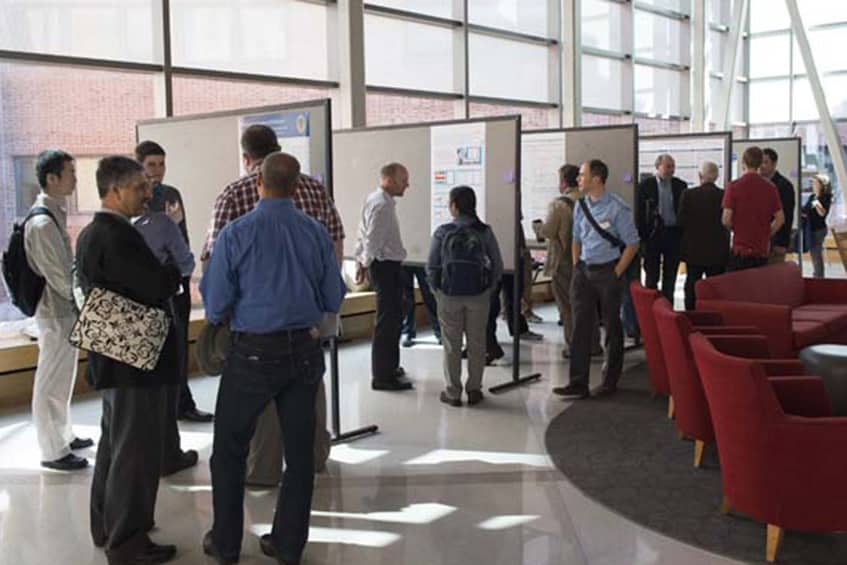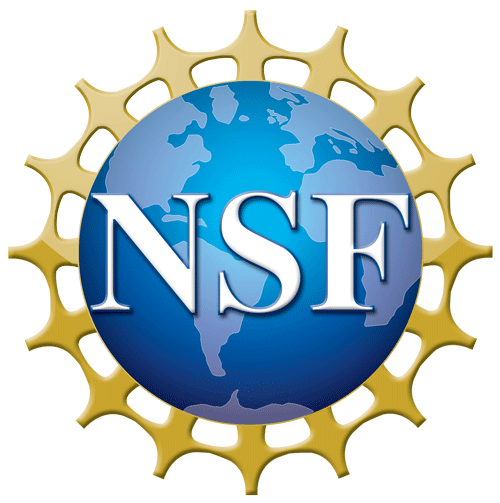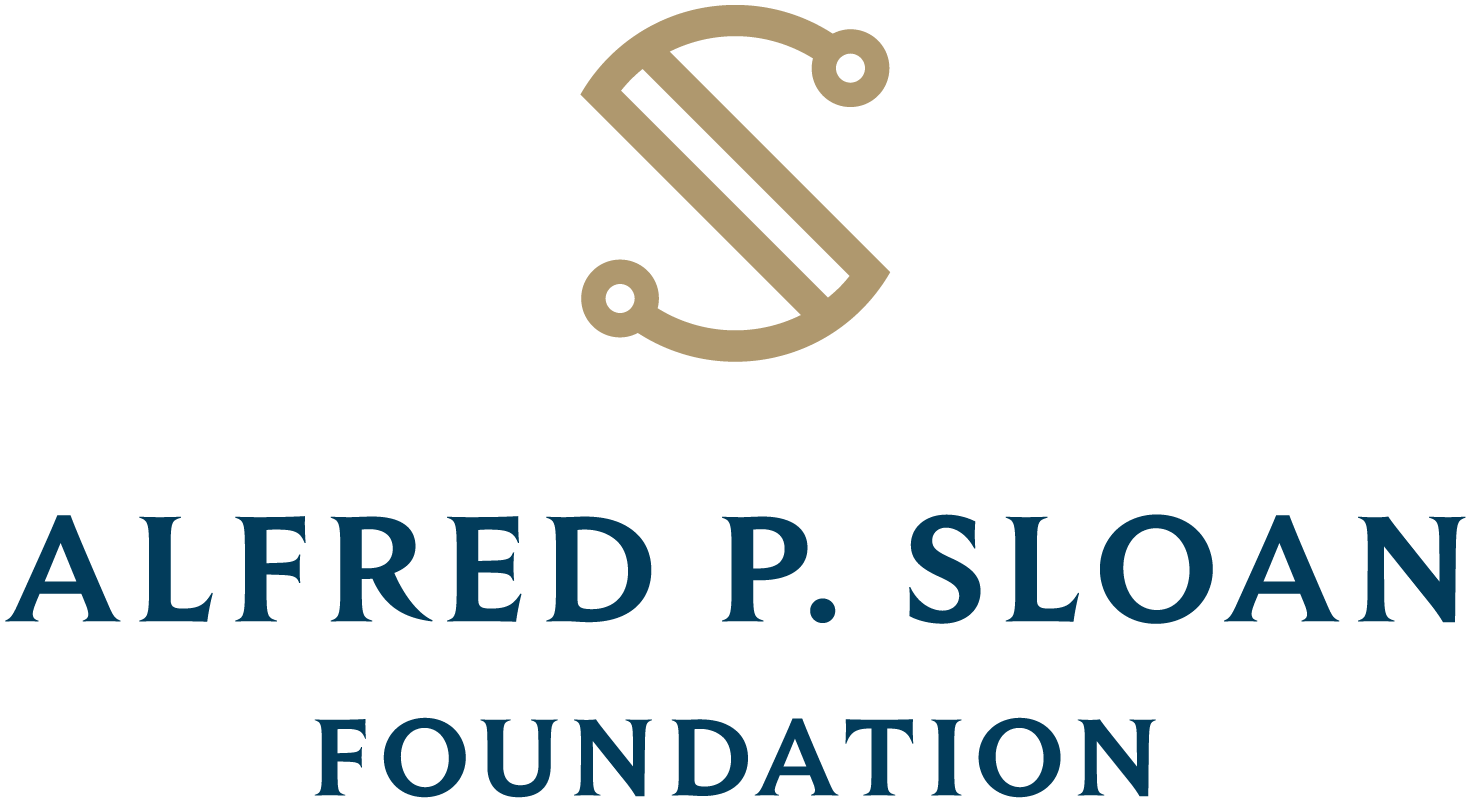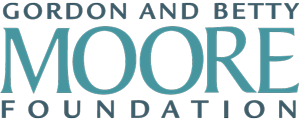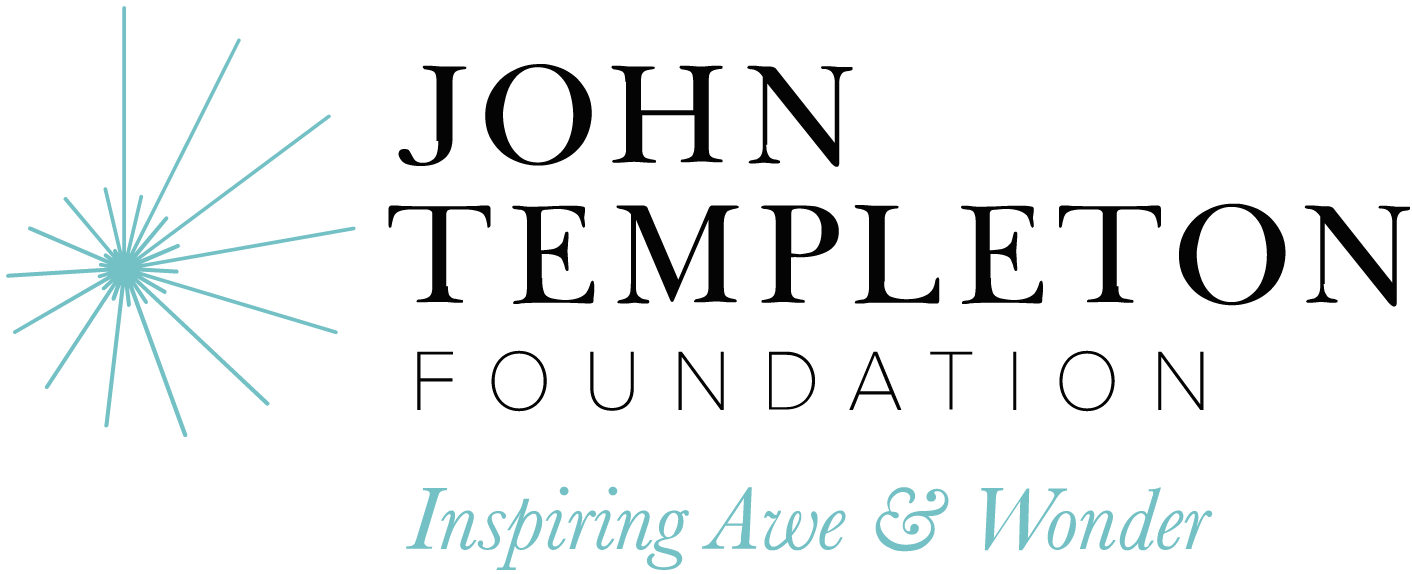2024 IDIES Annual Symposium
Sponsored by the Johns Hopkins Data Science and AI Institute

Thursday, October 17th, 2024
8:30am–5:00pm
Scott-Bates Commons
Homewood Campus
3301 N Charles St
Registrations are closed for this event
Register today to attend the Institute for Data-Intensive Engineering and Science (IDIES) Annual Symposium for a full day of big-data themed talks and project updates.
The IDIES Annual Symposium aims to bring together experts in the theoretical foundations, development, and application of data-intensive technologies and analysis to share discoveries, practical ideas, and insights as they relate to big data research.
In our effort to promote interdisciplinary collaborations, we invite anyone—from our JHU affiliates to governmental agencies, local organizations, non-profits, and beyond—with an interest in data science and big data, especially as they pertain to current or prospective research, to attend this symposium.
Keynote Speakers (alphabetical)
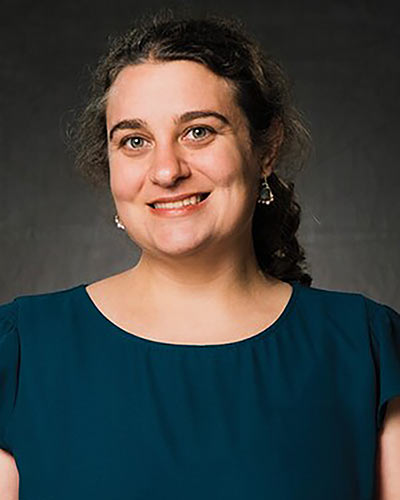
Elana Fertig, PhD
University of Maryland School of Medicine (UMD)
Director of the Institute for Genome Sciences at the University of Maryland School of Medicine
Johns Hopkins School of Medicine (JHU)
Division Director of Oncology Quantitative Sciences; Associate Cancer Center Director of Quantitative Sciences
Extended Bio
Elana Fertig is internationally-recognized for her work in integrating spatial multi-omics technologies with mathematical models to develop a new predictive medicine paradigm in cancer. Spatial technologies allow researchers to learn about any cell type inside of natural tissue, including gene activity and cell interactions.
Dr. Fertig is currently a Professor of Oncology at the Johns Hopkins University with dual appointments in the Department of Applied Mathematics and Statistics and the Department of Biomedical Engineering. She also serves as the Co-Director of the Single Cell Consortium at the Johns Hopkins University School of Medicine, as well as the Co-Director of the Convergence Institute and the Associate Director of Quantitative Sciences at the Sidney Kimmel Comprehensive Cancer Center at Johns Hopkins. Her landmark research involves using computational methods to identify biomarkers and molecular mechanisms of therapeutic resistance from a vast trove of multi-platform genomics data.
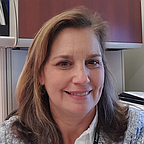
Gretchen Greene
National Institute of Standards and Technology (NIST)
Extended Bio
Gretchen Greene is the Director for National Institute of Standards and Technology (NIST) Research Data and Computing, a new office supporting NIST Laboratory Programs. She coordinates and oversees multiple data science initiatives to facilitate laboratory information management systems architecture, design, and implementation and is the project manager for NIST open access infrastructure. She is actively engaged in organizational strategic planning for mission priority areas and consults regularly with domain experts primarily in the physical sciences and engineering fields to enable innovative approaches with data-oriented technology. She recently served on the Research Data Alliance technical advisory board and is an advocate for standards and community driven digital architecture to promote innovation and sustainability. In support of CHIPS R&D, she serves as lead for the implementation of NIST CHIPS Metrology Exchange to Innovate in Semiconductors (METIS), envisioned as a digital ecosystem supporting complex knowledge sharing across industry, government and academia.

Charles Meneveau, PhD
Whiting School of Engineering, Johns Hopkins (JHU)
Louis M. Sardella Professor in Mechanical Engineering
Extended Bio
Charles Meneveau is an expert in the multiscale aspects of turbulence, large-eddy simulations, and wind farm fluid dynamics.
He employs computational and theoretical tools for his research and pursues subgrid-scale modeling, downscaling methods, fractal geometry, and their applications to large eddy simulation (LES). Research advances were made possible by elucidating the properties of the small-scale motions in turbulent flows and applying the new insights to the development of advanced subgrid-scale models, such as the Lagrangian dynamic model. This model has been implemented in various research and open-source CFD codes (e.g. OpenFoam) and expanded the applicability of LES to complex-geometry flows of engineering and environmental interest, where prior models could not be used. Current LES research is focused on improving wall models and subgrid-scale models for velocity gradients which is of interest to some turbulent multiphase flows.
Among the application areas of LES being pursued in Meneveau’s group is the study of complex flows in large wind farms. Using the improved simulation tools as well as wind tunnel tests, Meneveau and his colleagues identified the important process of vertical entrainment of mean flow kinetic energy into an array of wind turbines. This research has clarified the mechanisms limiting wind plant performance at a time when there is enormous growth in wind farms. The research has led to new engineering models that will allow for better-designed wind farms thus increasing their economic benefit and helping to reduce greenhouse gas emissions from fossil fuels.
Meneveau has participated in efforts to democratize access to valuable “big data” in turbulence. As deputy director of JHU’s Institute for Data-Intensive Engineering and Science, he led the team of computer scientists, applied mathematicians, astrophysicists, and fluid dynamicists that built the Johns Hopkins Turbulence Databases (JHTDB). This open numerical laboratory provides researchers from around the world with user-friendly access to large data sets arising from direct numerical simulations of various types of turbulent flows. To date, hundreds of researchers worldwide have used the data, and more than 250 peer-reviewed papers have been based on data sampled from JHTDB. The system has demonstrated how data resulting from large, world-class numerical simulations can be shared with many researchers who lack the massive supercomputing resources needed to generate such data.
Meneveau has also performed groundbreaking research on understanding several multiscale aspects of turbulence. As part of his doctoral work at Yale, Meneveau and his advisor established the fractal and multifractal theory for turbulent flows and confirmed the theory using experiments. Interfaces in turbulence were shown to have a fractal dimension of nearly 7/3, where the 1/3 exponent above the value of two valid for smooth surfaces could be related to the classic Kolmogorov theory. And a universal multi-fractal spectrum was established, leading to a simple cascade model, which has since been applied to many other physical, biological, and socio-economic systems. Later, as a postdoc at Stanford University’s Center for Turbulence Research, Meneveau pioneered the application of orthogonal wavelet analysis to turbulence, introducing the concept of wavelet spectrum and other scale-dependent statistical measures of variability.

Denis Wirtz, PhD
Whiting School of Engineering, Johns Hopkins (JHU)
Vice Provost for Research; Theophilus Halley Smoot Professor of Engineering Science in the Whiting School of Engineering.
Extended Bio
A Johns Hopkins faculty member since 1994, Denis Wirtz has served as vice provost for research since February 2014. He is the Theophilus Halley Smoot Professor of Engineering Science in the Whiting School of Engineering. Dr. Wirtz has a primary appointment in the Department of Chemical and Biomolecular Engineering in the Whiting School of Engineering and joint appointments in the Department of Materials Science and Engineering at the Whiting School of Engineering, as well as the Departments of Oncology and Pathology in the Johns Hopkins School of Medicine.
As vice provost for research, Dr. Wirtz focuses on the current and future health of the university’s research enterprise, including institutional research compliance, research development, and cross-divisional research initiatives, such as the Johns Hopkins Catalyst and Discovery Awards, and the President’s Frontier Award. He chairs the Research Oversight Committee (ROC), comprising the divisional research deans, research administration directors and key university personnel, to strategically plan Johns Hopkins’ research infrastructure and investments.
Dr. Wirtz is also responsible for the university research programs administration that oversees policies, procedures and information systems for research grants. He supports important multidisciplinary, collaborative research projects, including the Bloomberg Distinguished Professorships and the Research Development Team.
Dr. Wirtz directs the Johns Hopkins Physical Sciences-Oncology Center, and co-directs the Cancer Nanotechnology Training Center and the Cellular Cancer Biology Imaging Research, all National Cancer Institute-funded entities. He is a co-founder and former associate director of the Johns Hopkins Institute for NanoBioTechnology.
Wirtz studies the biophysical properties of healthy and diseased cells, including interactions between adjacent cells and the role of cellular architecture on nuclear shape and gene expression. Cell biophysics, single molecule manipulation, intracellular particle trafficking, instrument development, tissue engineering, and nanotechnology in biology and medicine are among his research interests. He is developing artificial intelligence solutions to map the complex architecture of tissues and tumors in 3D and at single-cell resolution, and recently cofounded AbMeta Therapeutics, a startup that develops antibodies to block metastatic spread in patients with cancer.
Wirtz was elected Fellow of the American Association for the Advancement of Science for his contributions to cell micromechanics and cell adhesion. AAAS also recognized Wirtz for his development and applications for particle tracking methods to probe the micromechanical properties of living cells in normal conditions and disease state. In addition, Wirtz is a fellow of the American Physical Society and the American Institute for Medical and Biological Engineering. He is a past recipient of the National Science Foundation’s CAREER Award and the Whitaker Foundation Biomedical Engineering Foundation Award. In 2019, he was elected to the Royal Academy of Medicine of Belgium.
Wirtz has authored more than 250 peer-reviewed articles published in top journals including Science, Nature, Nature Cell Biology, Nature Methods, Nature Reviews Cancer, Nature Materials, Nature Protocols, PNAS, Nature Communications, and Journal of Cell Biology. Ten of his PhD students and postdoctoral fellows are in faculty positions at research universities and more than a dozen have successful careers in industry. As of 2024, his scholarly work has been cited more than 35,000 times and has an h-index of over 100. He has also given numerous presentations at universities and research institutions around the world.
Wirtz earned his bachelor’s degree in Engineering Physics from the Université Libre de Bruxelles in Belgium and master’s and doctoral degrees in Chemical Engineering from Stanford University.
https://hub.jhu.edu/2021/07/28/abmeta-therapeutics-founded-at-hopkins
Agenda*
| 8:30 AM | CHECK-IN and breakfast |
| 9:00 AM | Opening Remarks—Alex Szalay, IDIES Director & Alexis Battle, DSAI Co-director |
| 9:20 AM | Keynote—Gretchen Greene, NIST |
| 9:50 AM | Seed Update—Josiah Lim (Presenting on behalf of Tamás Budavári & Dr. Rohan Mathur) |
| 10:05 AM | Summer Student Fellowship Update—Akshaya Ajith |
| 10:15 AM | BREAK |
| 10:45 AM | Seed Update—Mick Bonner, JHU Department of Cognitive Science |
| 11:00 AM | Summer Student Fellowship Update —Millie Mi |
| 11:10 AM | SciServer Update—Gerard Lemson, IDIES Director of Science |
| 11:20 AM | Keynote Speech—Charles Meneveau, Whiting School of Engineering |
| 11:50 AM | Summer Student Fellowship Update—Krishna Mukunda |
| 12:00 PM | Poster Madness |
| 12:30 PM | LUNCH & Poster Gallery |
| 2:00 PM | Keynote Speech—Denis Wirtz, JHU Vice Provost for Research |
| 2:30 PM | Sheridan Libraries Update—Megan Forbes, JHU Open Source Programs Office (presenting virtually) |
| 2:40 PM | Seed Update—Dr. Kemar Green, Assistant Professor of Neurology |
| 2:55 PM | Summer Student Fellowship Update—Chris Le Wang |
| 3:05 PM | Seed Update—Paulette Clancy, Edward J. Schaefer Professor in Engineering |
| 3:20 PM | Summer Student Fellowship Update—David Zhou |
| 3:30 PM | Infrastructure Update—Jaime Combariza, Director, Advanced Research Computing at Hopkins (ARCH) |
| 3:40 PM | BREAK |
| 4:05 PM | Seed Update—Adam Sheingate, Professor of Political Science |
| 4:20 PM | Keynote Speech—Elana Fertig, University of Maryland School of Medicine |
| 4:50 PM | Closing Remarks—Alex Szalay, IDIES Director |
| 5:00 PM | RECEPTION |
Poster Gallery, Lightning Talks, & Contest
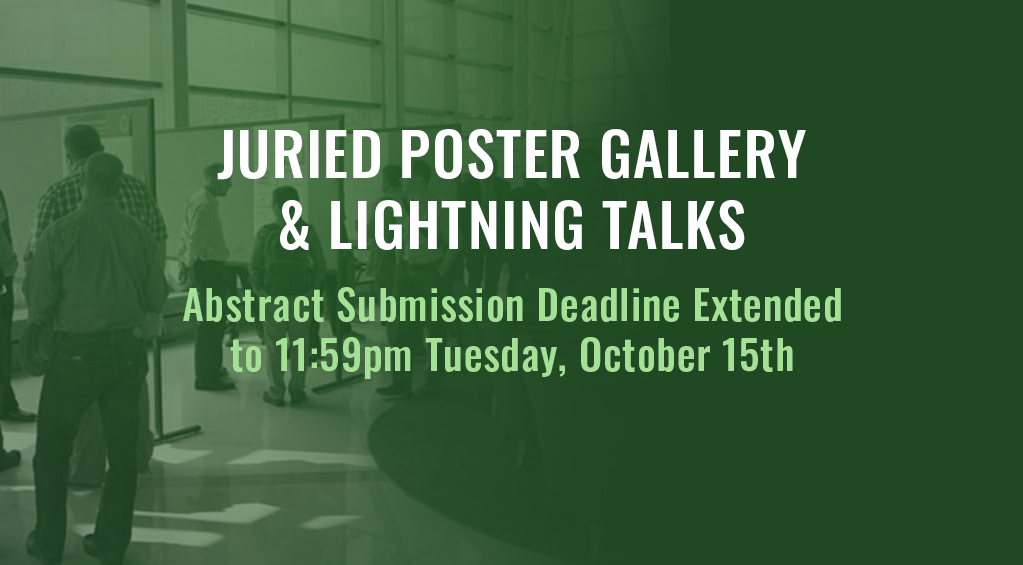
Call for Posters
IDIES is seeking poster submissions for symposium digital poster gallery and lightning talks. PRIZE: $100 Amazon gift card.
Registrations are closed for this event
| Title | Author |
| Parameter Estimation in Networks via a Combination of Different Data Sources | Felian Huang, James C. Spall |
| Lookahead-Driven Inference of Networked Operators for Continuous Stability (LINOCS) Across Various Statistical Models | Noga Mudrik, Eva Yezerets, Yenho Chen, Christopher Rozell, Adam Charles |
| Development of a Machine Learning-Based Predictive Modeling Framework for Molten Salt Reactor Sensor Data Analysis | Omobolade A. Odedoyin, Ramon K. Yoshiura, Benjamin D. Grimmer |
| Building an AI for the Study of World-Historical Patterns of Social Protest | Beverly J. Silver and Haohang Guo |
| JHTDB-wind: The Johns Hopkins wind farm flow database for open community access to high-fidelity simulation datasets | Shuolin Xiao, Xiaowei Zhu, Ghanesh Narasimhan, Dennice Gayme, Charles Meneveau |
Sponsored by:

To learn more about DSAI, visit https://ai.jhu.edu/ or sign up for their email list below.
Seed Award Speakers
The IDIES seed funding initiative provides $25,000 in funding for data-intensive computing projects that (a) involve areas relevant to IDIES and JHU institutional research priorities; (b) are multidisciplinary; and (c) build ideas and teams with good prospects for successful proposals to attract external research support by leveraging IDIES intellectual and physical infrastructure.
Exploring Uncharted Dimensions of Human Brain Representation
Michael F. Bonner, PhD
Brice Menard, PhD
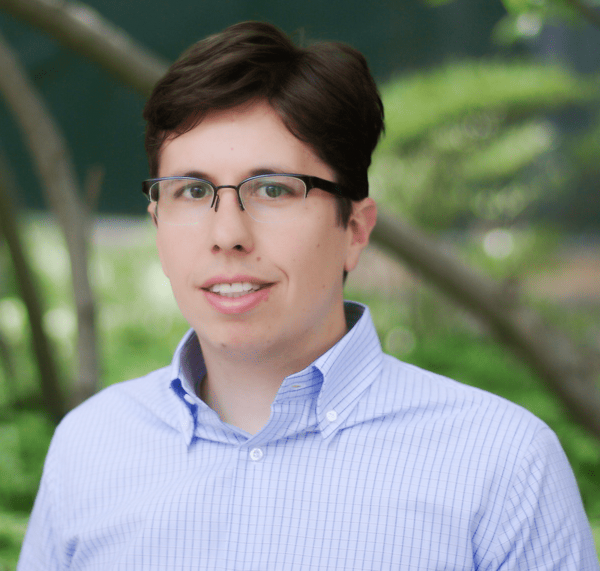
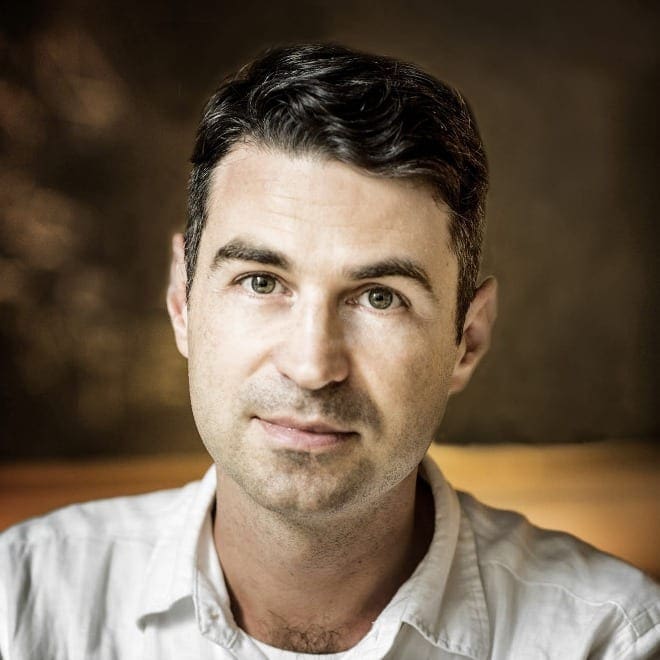
Hybrid Statistical AI for Identifying Neurosurgery Patients in Need of Critical Care
Tamas Budavari, PhD
Dr. Rohan Mathur, MD
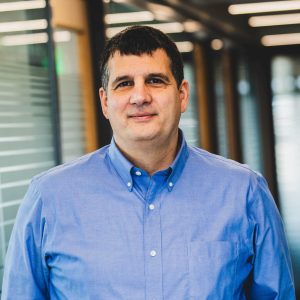

Playing with Chemical Lego Blocks: Rational Design of Semiconducting Polymers for Thermoelectric Materials
Paulette Clancy, PhD
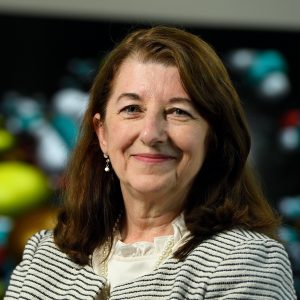
Generating Digital Ocular Motor Biomarkers for Deep Learning-Based Neurologic Phenotyping
Dr. Kemar Green, MD
Co-I: Vishal Patel, PhD
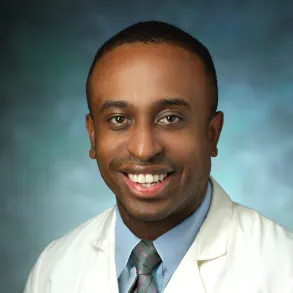
The Global Elections Dashboard: Harnessing Data Science to Enhance Electoral Oversight
Adam Sheingate, PhD
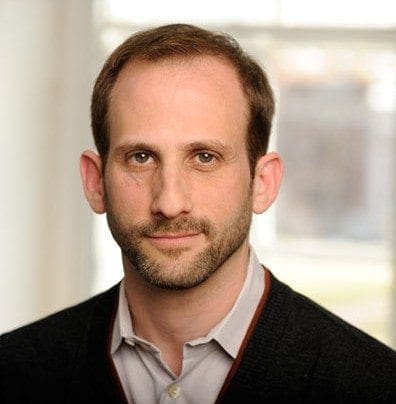
Summer Student Fellowship (SSF) Speakers
The SSF program offers awards of $6,000 to support summer research projects lead by undergraduate students. Recipients receive the opportunity to participate in a 10-week (June–August) full-time, data science-focused research project in collaboration with an IDIES faculty member.
Accelerated Materials Discovery for High-Entropy Hydrogen Fuel Cell Catalysts (HE-FCC)
Akshaya Ajith
Second-year undergraduate student in Materials Science & Engineering, Computer Science
Advised by Professor Corey Oses
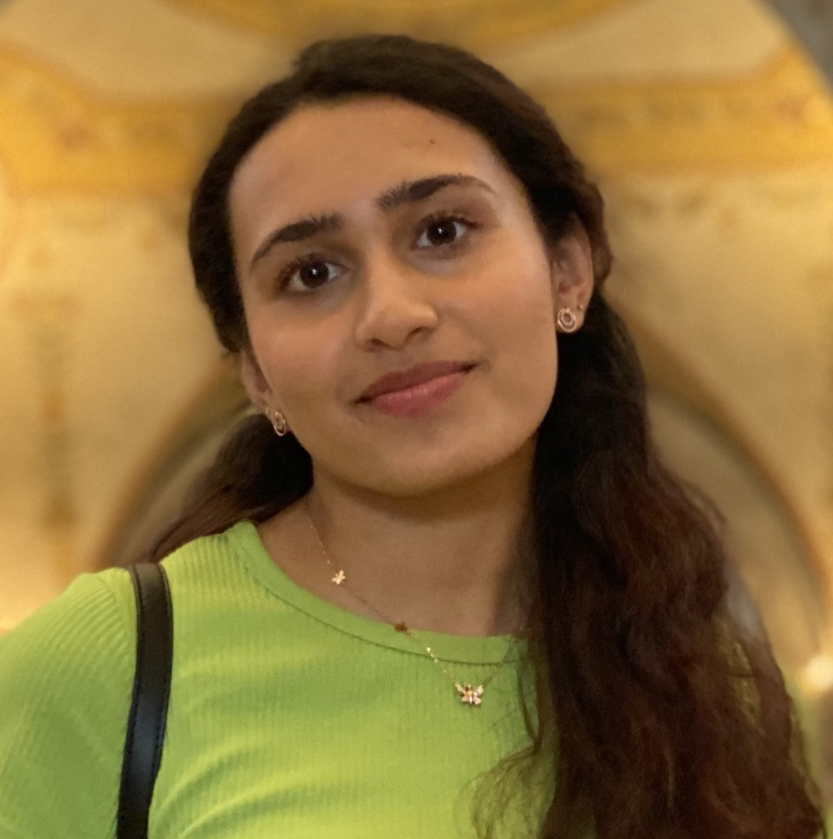
Quantifying and Visualizing Urban Emissions of US Cities
Millie Mi
Second-year undergraduate student in Environmental Health & Engineering
Advised by Professor Scot Miller

Advancing Otolith Function Assessment: Integrating Machine Learning with Video Oculography for Enhanced Vestibular Diagnosis
Krishna Mukunda
Fourth-year undergraduate student, Department of Biomedical Engineering
Advised by Dr. Kemar Green
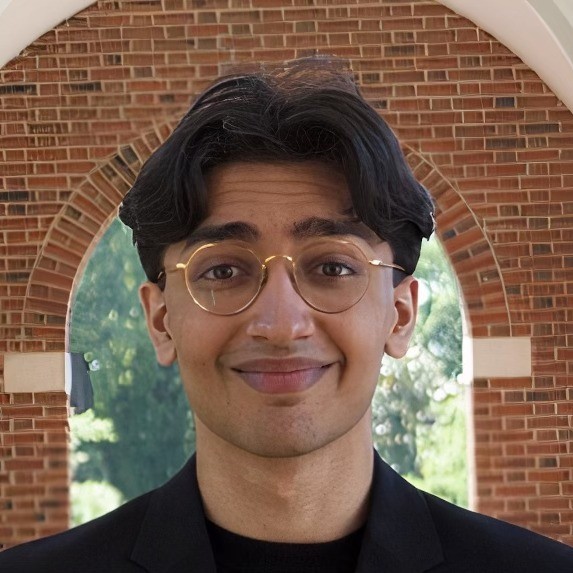
Computational Study on Accretion Modes of Planet Formation and Their Impact on Exoplanet Population
Chris “Le” Wang
Fourth-year undergraduate student in Computer Science, Physics, and Applied Mathematics & Statistics
Advised by Kevin C. Schlaufman and Matthew S. Clement

Simulating Murine and Human Cerebrocortical Development through an Agent-based Computational Model
David Zhou
Third-year undergraduate student majoring in Neuroscience and Applied Mathematics & Statistics
Advised by Professor Genevieve Stein-O’Brien
